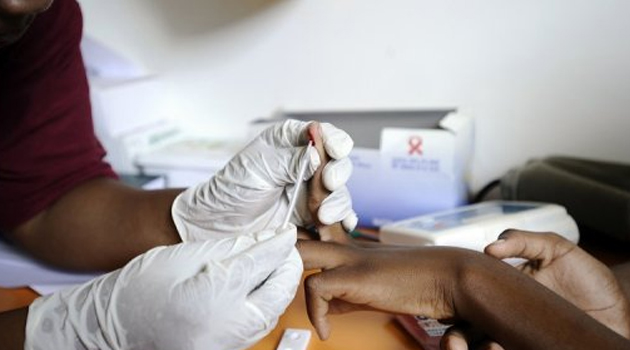Professor Omu Anzala of the University of Nairobi and Director of the Kenya AIDS Vaccine Initiative (KAVI) Institute of Clinical Research, says a lot of focus has been on management in the belief that it alone could achieve zero new infections.
A tall order, he argues, given the success of treatment is predicated on human behaviour.
“The patient needs to faithfully take their Anti-Retroviral drugs as prescribed in order to keep their viral load low and reduce their chances of transmitting the virus. If their sexual partner is on Pre-exposure prophylaxis, they need to take their drugs as prescribed, for the period advised, in order to remain HIV-negative.”
READ: Too trusting population hampers AIDS prevention
A vaccine, he says, is therefore the best hope for zero new HIV- infections. “According to UNAIDS, there were 2.1 million new infections in 2013; five percent of which were in Kenya. There is therefore a gap that vaccines need to fill.”
But he does admit that the long wait for an AIDS vaccine may have something with the passivity they believe has developed.
“You have to remember that this is a marathon. Malaria for example has been around since the 1800s and still we don’t have a licensed vaccine.”
But unlike Malaria, AIDS isn’t curable. It’s manageable but it’s as yet incurable. A big challenge therefore in the development of an AIDs vaccine has been the question of safety.
Unlike the measles or polio vaccines which use attenuated version of diseases to prevent the diseases from developing, to do so with the HIV virus, Dr. Kundai Chinyenze of the International AIDS Vaccine Initiative says, would be reckless.
“It’s a smart disease. It’s able to mutate; which could result in you acquiring an additional strain.”
Unlike other vaccines therefore, an AIDS vaccine should not only prevent the disease, but prevent infection on exposure to the virus.
The ability of the virus to mutate is another challenge that has faced researchers as a vaccine would need to be apply universally.
“I often get asked why the same ARVs can be used by South Africans who primarily contract the C strain and Kenyans, majority of whom have the A strain and why if that’s the case, we haven’t been able to do the same with vaccines but you have to realise that with ARVs we’re dealing with the enzymes which are defined,” Chinyenze explains.
That being said, enormous strides, both Chinyenze and Anzala say, have been made in the search for a vaccine.
“There was a vaccine tested in Thailand that resulted in 31 percent efficacy, which is off course not good enough given vaccines usually have an efficacy of 80 percent and above, but it’s the closest we’ve ever come,” Anzala says.
The discovery of an ‘elite’, very minimal, Anzala says, population of persons infected with the HIV virus, “out of thousands we tested here, we only got two from this group,” who manage to keep their viral loads low without ARVs, has also led to significant advancement.
The development of an Ebola vaccine for instance, Chinyenze says, is a process that has been greatly aided by research into the development of an AIDS vaccine.
“They might not go round announcing it but 80 percent of the progress they’ve made is off the back of AIDS research,” she says.
KAVI is therefore equipped to expand their research into the development of an Ebola and Marburg vaccine and soon, maybe even cancer.
“So what we’re saying is that we haven’t wasted the last three decades or so. We’ve made tremendous progress and we’d like you to celebrate the milestones with you as we head toward the finish line,” Anzala encourages.










































